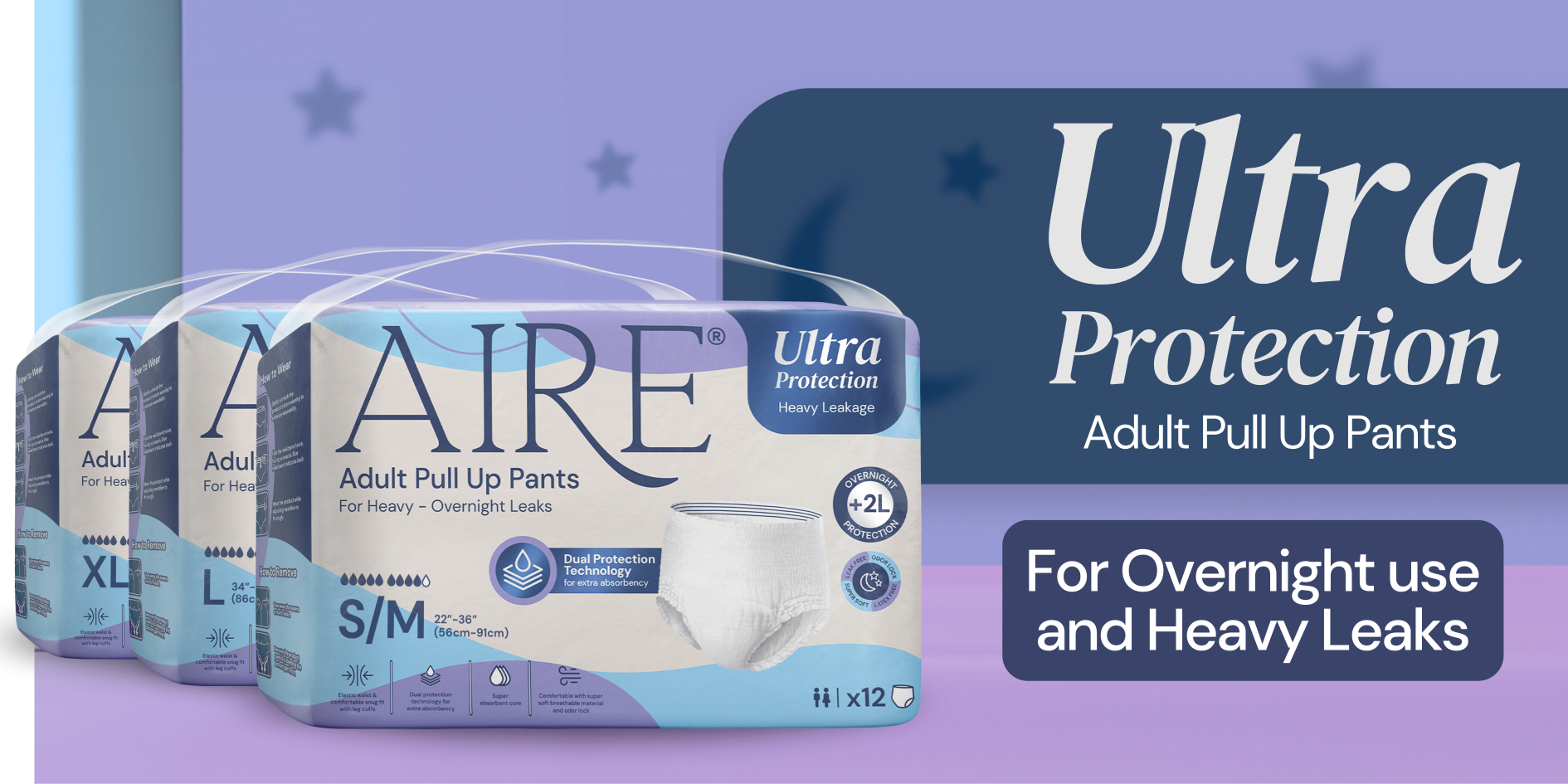Incontinence, or involuntary urine leakage, is a condition often surrounded by stigma and misconceptions, affects millions of people worldwide. The first step towards managing and seeking appropriate treatment is recognizing the signs. In this blog post, we'll explore the various aspects of incontinence and provide insights into how to identify its presence.
-
Understanding the Types of Incontinence:
Incontinence comes in various forms, each with its unique set of symptoms. Stress incontinence, urge incontinence, overflow incontinence, and functional incontinence are among the different types. Understanding the distinctions between them is vital in recognizing which symptoms align with your experiences.
-
Frequent Urination:
One of the common signs of incontinence is a sudden, uncontrollable urge to urinate, leading to increased frequency. If you find yourself rushing to the bathroom more often than usual or waking up multiple times during the night, it might be an indicator of incontinence.
-
Leakage:
Unintentional leakage of urine, especially during activities like laughing, sneezing, or exercising, is a classic symptom of stress incontinence. Pay attention to any instances of urine leakage, as they can provide valuable clues about the type of incontinence you might be experiencing.
-
Incomplete Emptying of the Bladder:
Difficulty in fully emptying the bladder can be a sign of overflow incontinence. If you consistently feel like your bladder is not entirely empty after urination, it's crucial to consult with a healthcare professional.
-
Changes in Bowel Habits:
Incontinence is not exclusive to urinary issues; it can also affect bowel control. Frequent and unexpected bowel movements or difficulty in controlling gas may indicate fecal incontinence.
-
Pelvic Pain or Discomfort:
Some individuals with incontinence may experience pelvic pain or discomfort. This can be associated with various underlying causes, such as infections or muscle dysfunction, and should not be ignored.
-
Seeking Professional Guidance:
If you suspect you may have incontinence based on the above signs, seeking professional guidance is crucial. Consult with a healthcare provider, who can conduct a thorough examination, ask relevant questions about your symptoms, and recommend appropriate diagnostic tests if necessary.
Conclusion:
Recognizing the signs of incontinence is the first step toward proactive management and improved quality of life. Don't hesitate to seek support and professional guidance if you experience any of the mentioned symptoms. Remember, you're not alone, and there are effective treatments and strategies available to help you manage incontinence with dignity and confidence.



